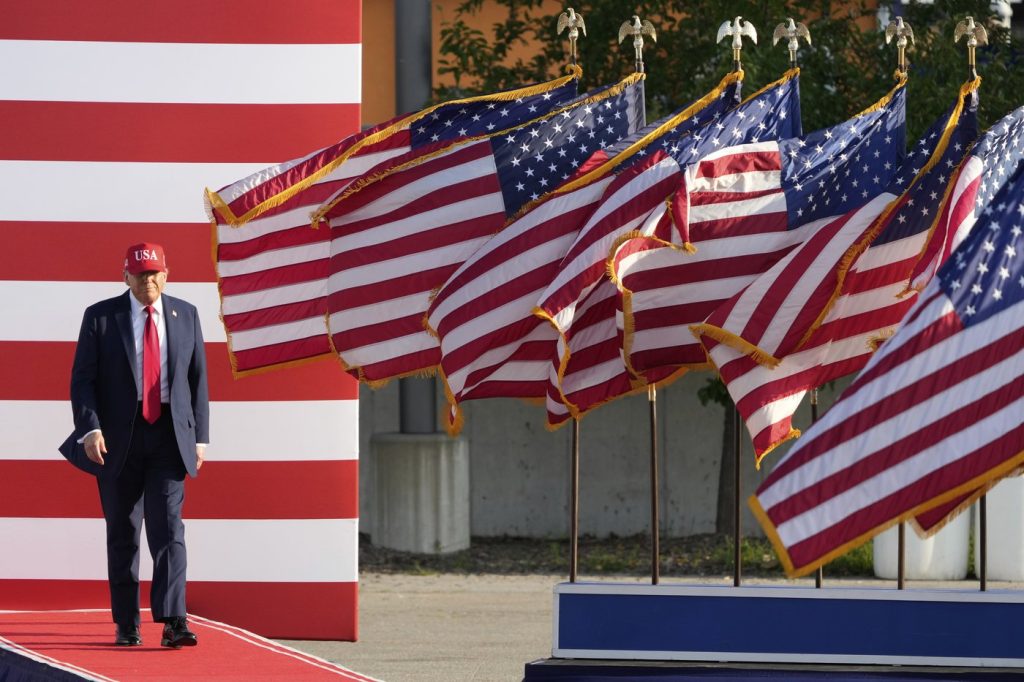President Donald Trump recently faced backlash after using the term "shylock" in a speech, referring to unscrupulous moneylenders. This term is historically associated with a negative stereotype of Jewish moneylenders originating from Shakespeare's play "The Merchant of Venice," where Shylock is depicted as a villain who demands a pound of flesh from his debtor. Following his remarks in Iowa, Trump claimed to reporters that he was unaware of the term's offensive connotations, stating, "I’ve never heard it that way." He insisted that in his view, a "shylock" simply refers to a money lender who charges high rates.
The Anti-Defamation League (ADL), an organization dedicated to combating antisemitism, condemned Trump's use of the term, emphasizing that it evokes harmful stereotypes about Jews and greed. They labeled Trump's comments as "very troubling and irresponsible," highlighting concerns that such language can perpetuate dangerous ideologies. This incident sparked comparisons with a similar situation in 2014 when then-Vice President Joe Biden also faced criticism for the term, which he later acknowledged as a "poor choice" of words.
Trump's administration has publicly prioritized fighting antisemitism, implementing measures to screen for antisemitic activity during immigration benefits evaluations. Moreover, his administration has engaged in disputes, such as the notable exchange with Harvard University, over accusations of the institution tolerating antisemitism. However, despite these stated priorities, President Trump has previously been criticized for comments that play into stereotypes about Jewish people. In 2015, he suggested to the Republican Jewish Coalition that attendees wield control over politicians through monetary influence.
The controversy surrounding Trump's remarks heightened when he dined with a Holocaust-denying white nationalist before starting his 2024 presidential campaign. Furthermore, last year, he insinuated that Jewish Americans identifying as Democrats exhibited disloyalty because of criticisms directed at Israeli Prime Minister Benjamin Netanyahu, which critics argued reinforced the antisemitic trope of Jewish individuals having divided loyalties.
During the speech in Iowa, where Trump invoked the term, he was discussing his administration's legislation passed the same day, mentioning, "No death tax, no estate tax, no going to the banks and borrowing some from, in some cases, a fine banker and in some cases shylocks and bad people." His subsequent comments to the media included a defense of his language use, framing it as merely a descriptor for a specific type of money lender without understanding its broader implications.
The ADL's response criticized Trump's choice of words, emphasizing that such language underscores the persistent nature of lies and conspiracies surrounding Jewish communities in the United States. They called for leaders to recognize the impact of their words and expressed expectations for more thoughtful communication from high-ranking officials, particularly the President of the United States.












